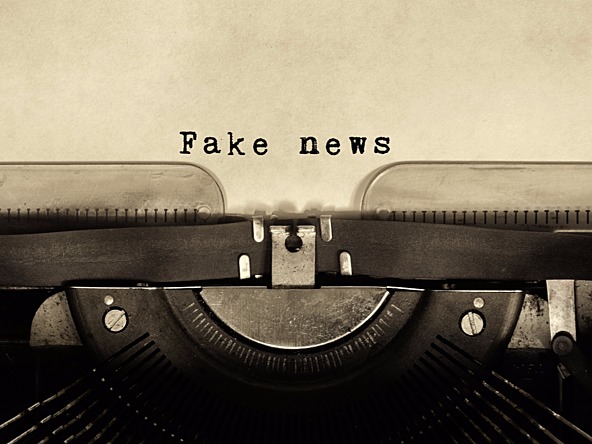NEWS16 May 2017
All MRS websites use cookies to help us improve our services. Any data collected is anonymised. If you continue using this site without accepting cookies you may experience some performance issues. Read about our cookies here.
NEWS16 May 2017
UK – More than half ( 52%) of British adults are struggling to tell the difference between real and fake news, according to research from ICM Unlimited.

UK – More than half ( 52%) of British adults are struggling to tell the difference between real and fake news according to research from ICM Unlimited.
Fake news is becoming an increasing problem in the digital arena – so much so that Facebook recently took out newspaper ads explaining to people ways of identifying real vs fake news.
A quarter of respondents ( 25%) said they had seen fake news about the UK general election, rising to 43% among 18- 24-year-olds. However only 6% have actually reported it to an authority.
The rise of fake news is not only impacting social media – 28% believe social media companies need to do more to deal with fake news – it is also denting people’s trust in broader media.
Of the media outlets tested in the research, the BBC is the most trusted source for news about the General Election – however, less than half the population trust it at 45%. Only a quarter ( 27%) say they trust UK newspapers.
While younger people are more confident in identifying fake news, 63% of over 65s said they find it difficult to differentiate real from fake news.
ICM Unlimited surveyed more than 2,000 people across Britain.
Related Articles
1 Comment
JD Deitch, Bakamo.Social
7 years ago
Fake news is designed to *not* be obvious! We found a variety of techniques in our study of the French election that these sources use, from clever use of online platforms to seemingly-valid polls. Basically they are trying to use the tools of the legitimate media to make themselves more credible. The best advice we can give to citizens, apart from relying on sources whose legitimacy has been proven over the years, is to be very suspicious about things that seem too good to be true, that claim to have some "new" or previously unbeknown information (particularly that seems to be contrary to consensus), or things that you know appeal to your own personal beliefs. On this last point, the algorithms used by social networks are quite good at showing you things that, based on all the data they've collected about you, coincide with your beliefs.
Like Reply Report